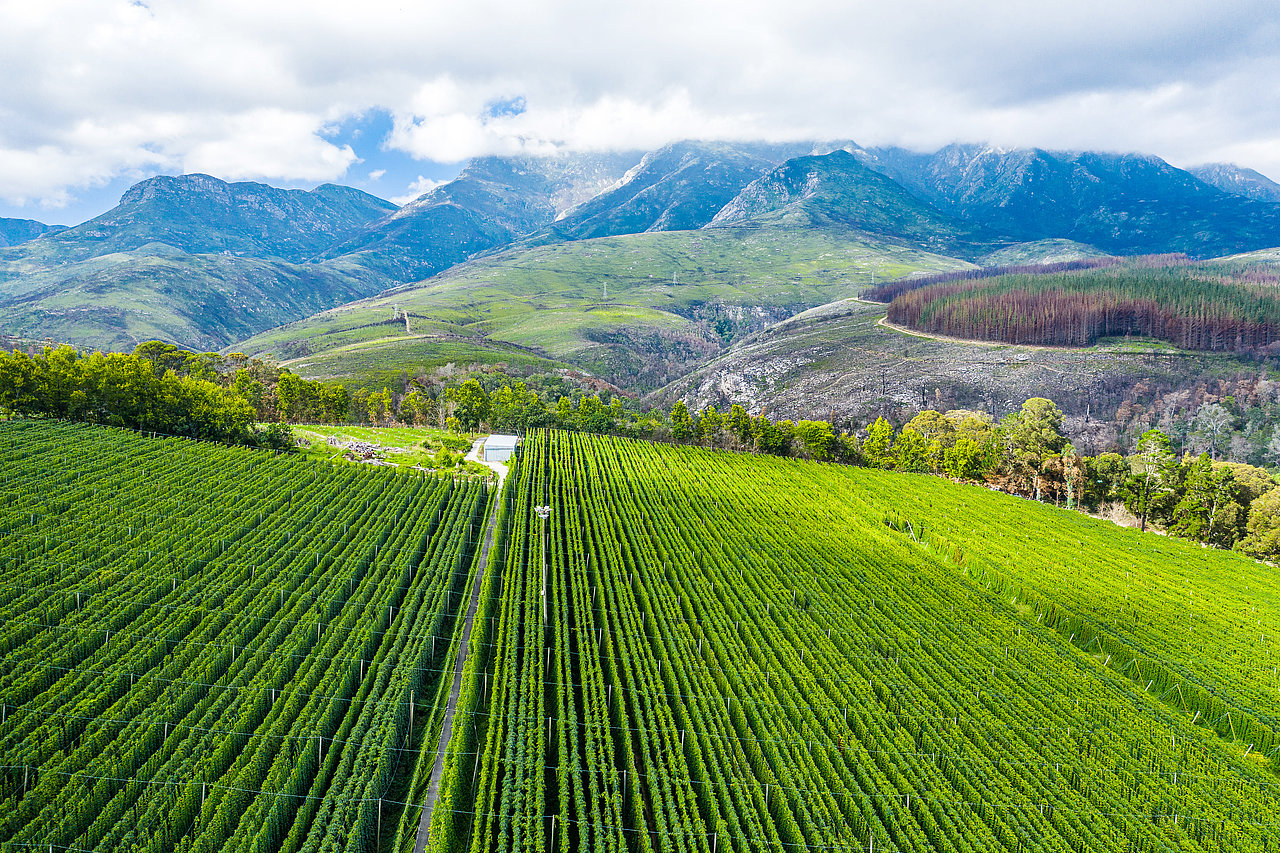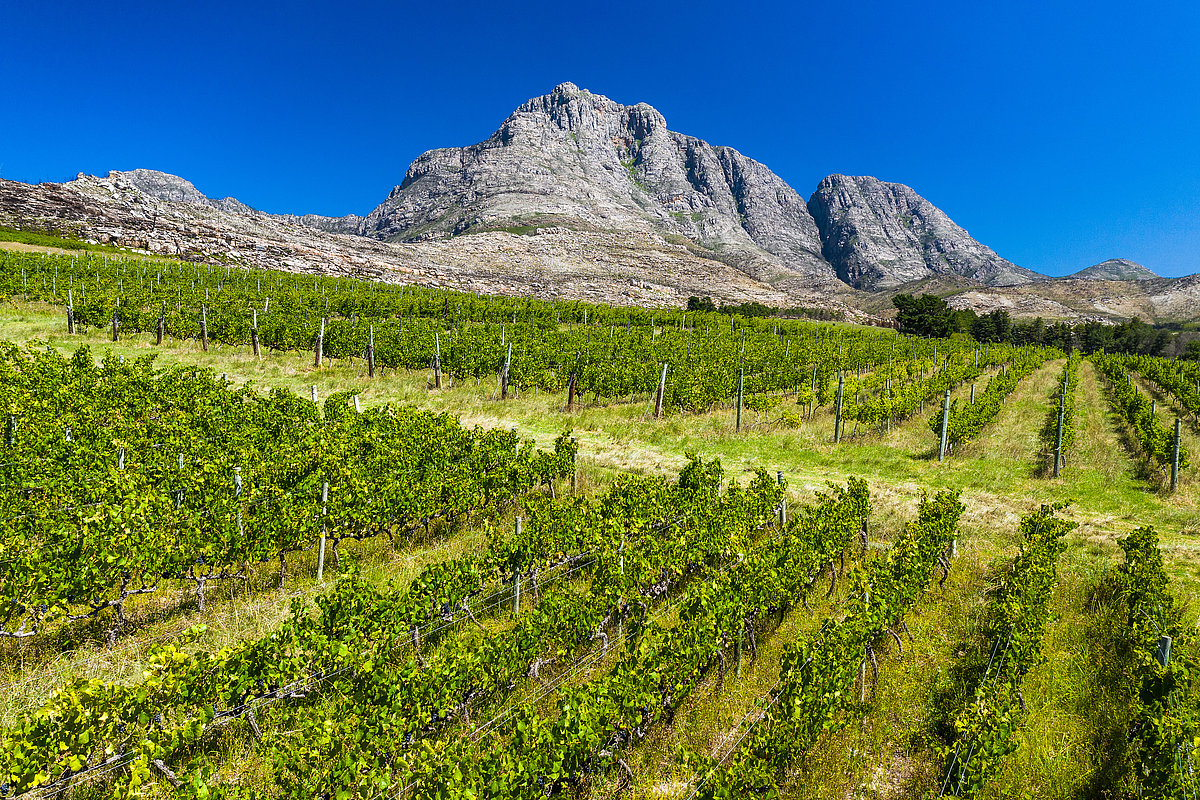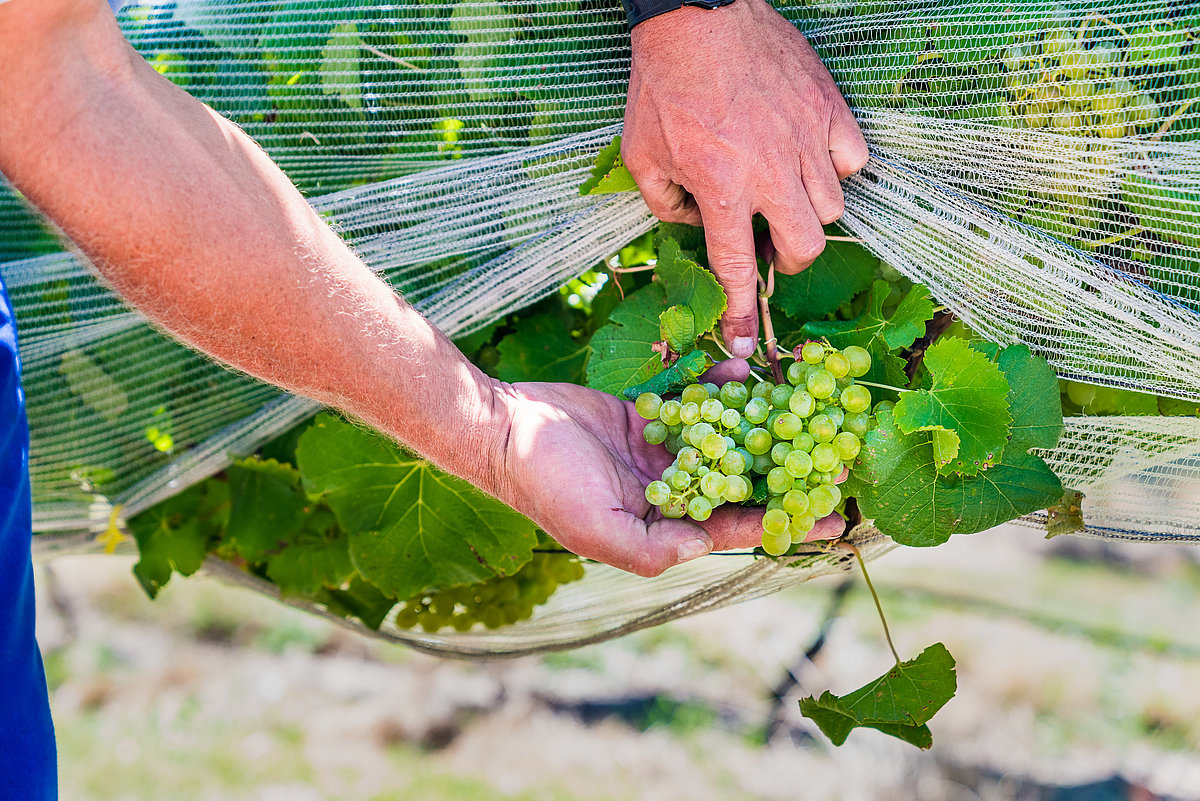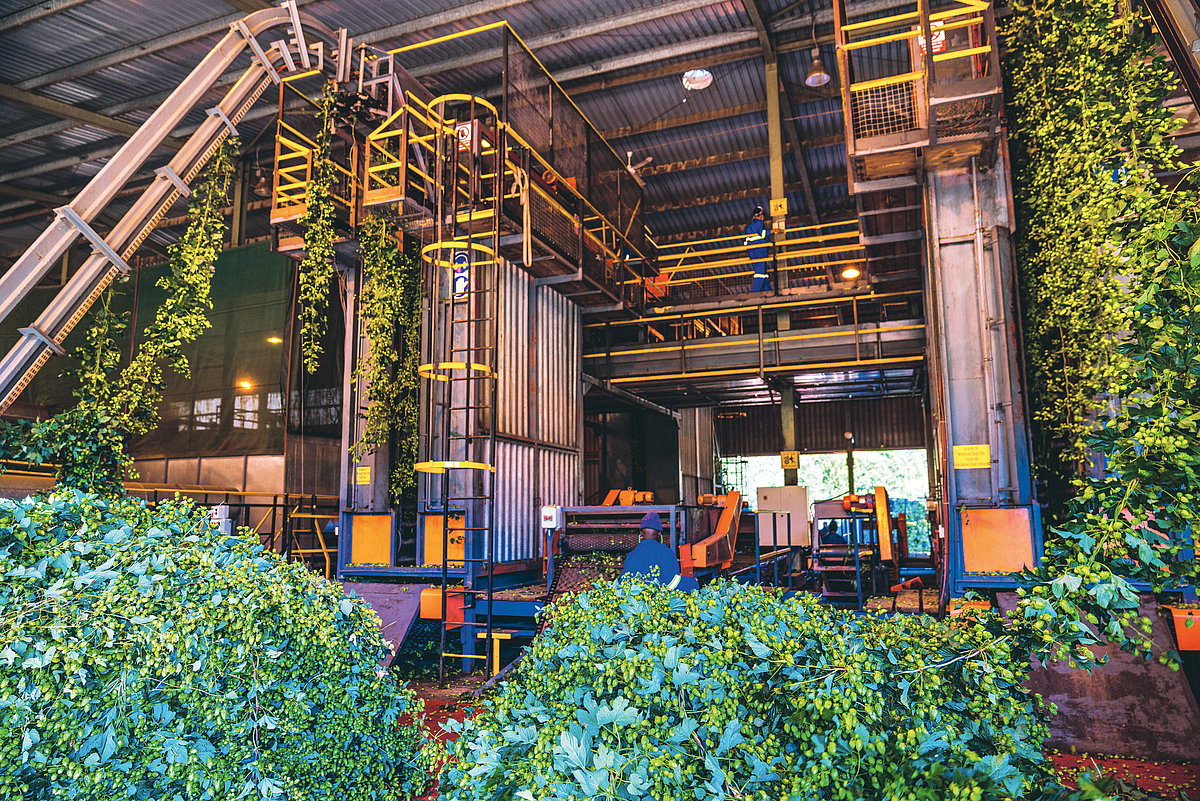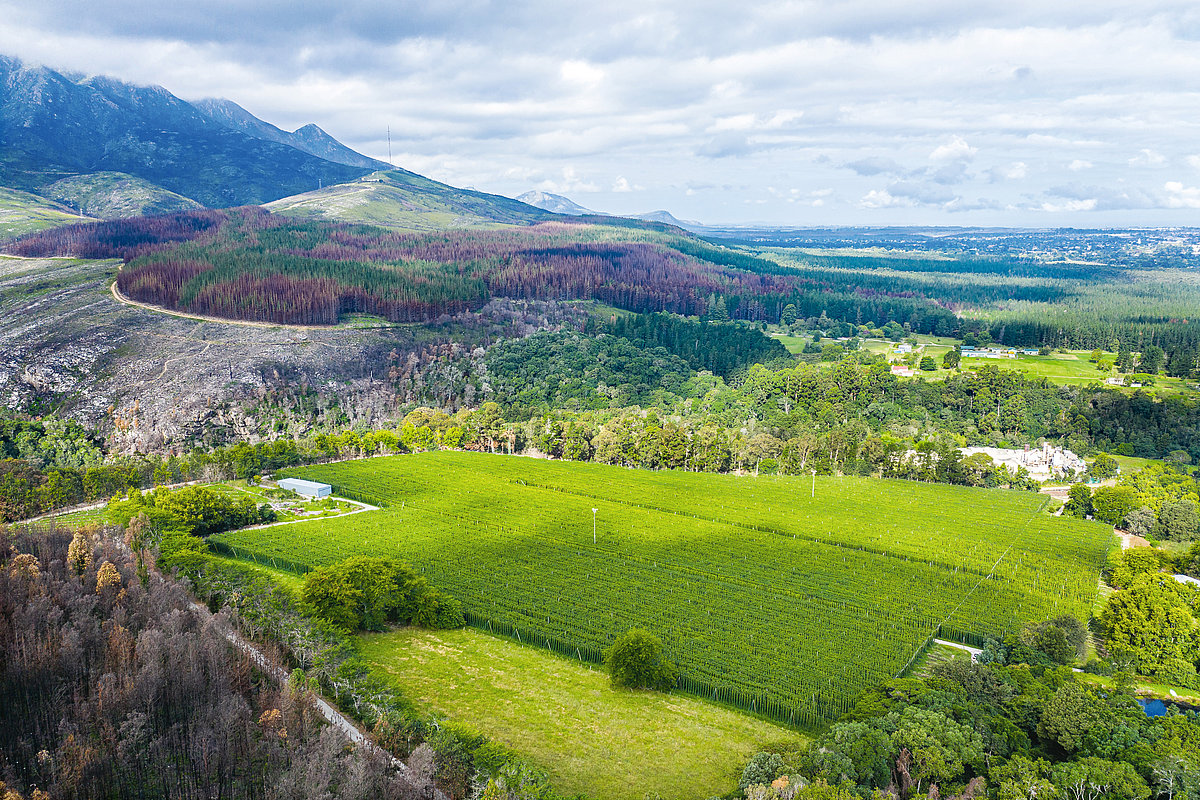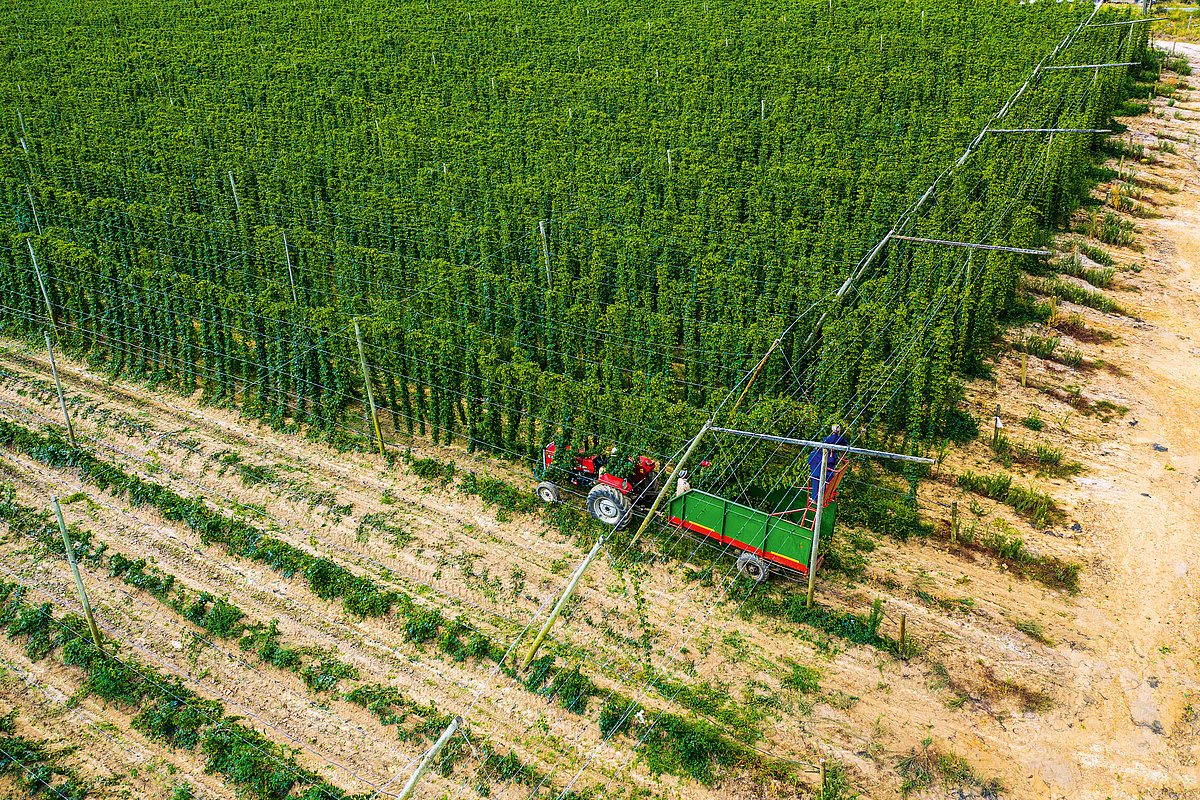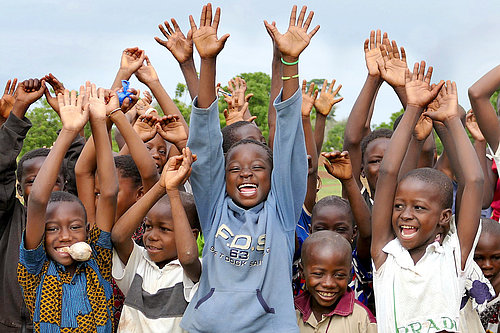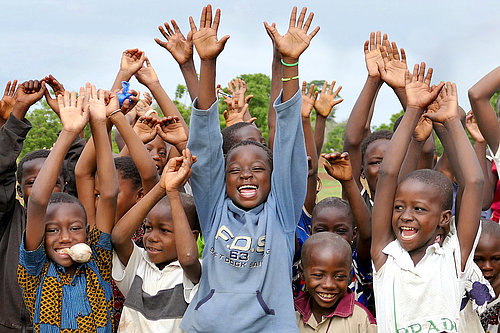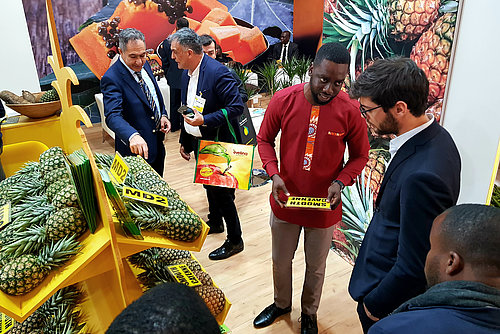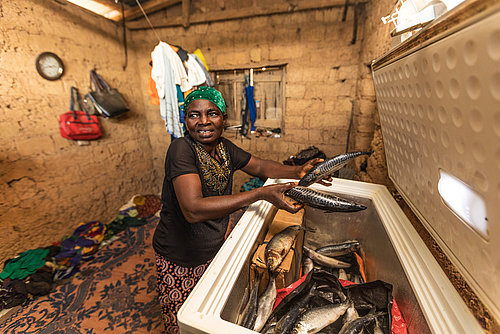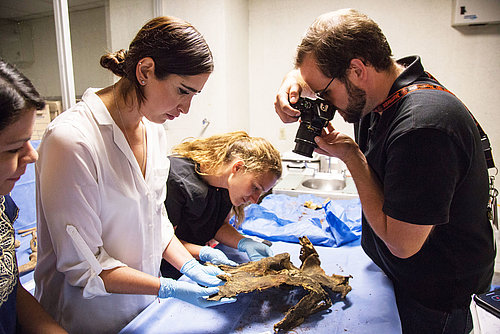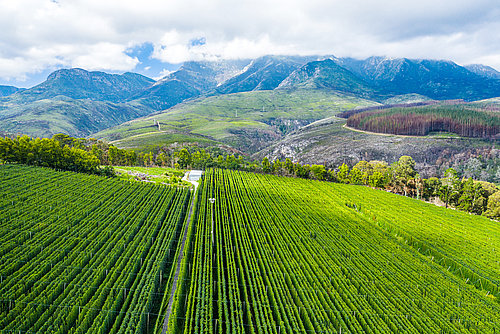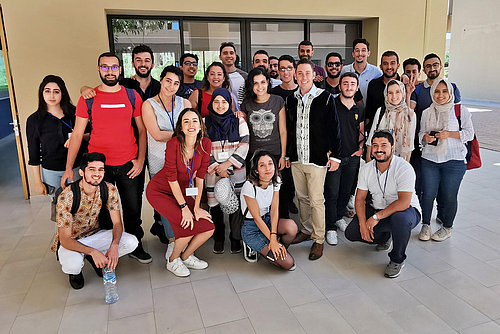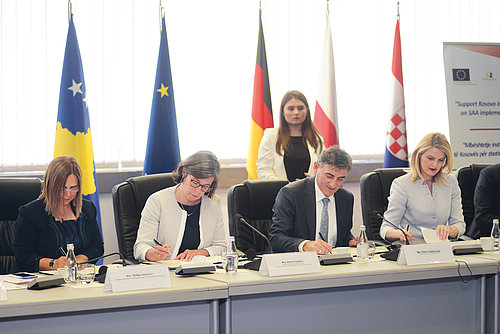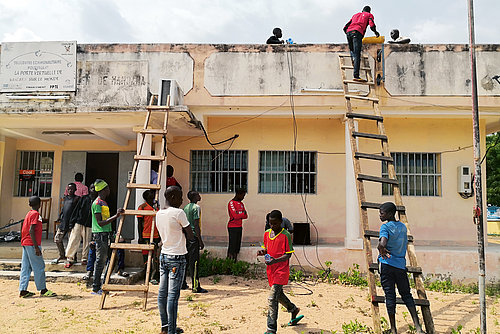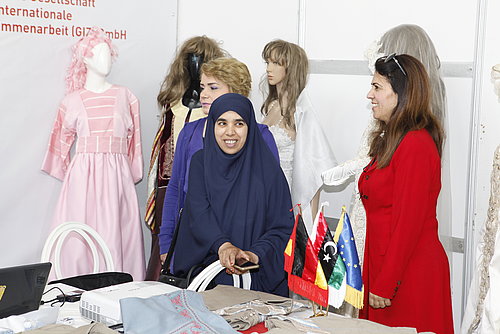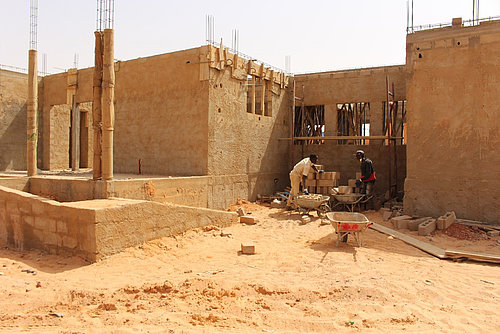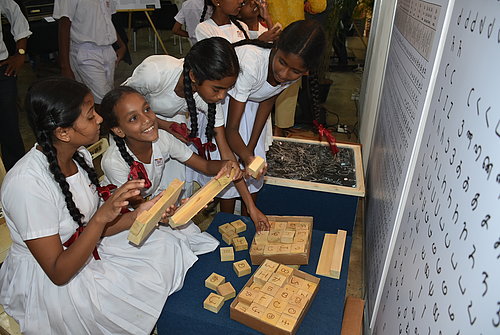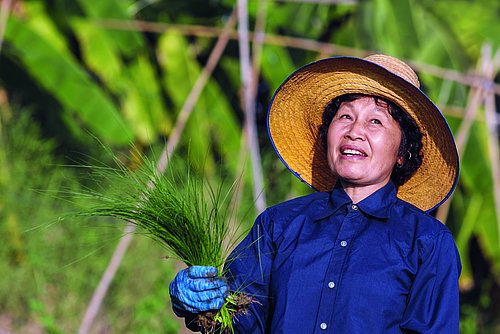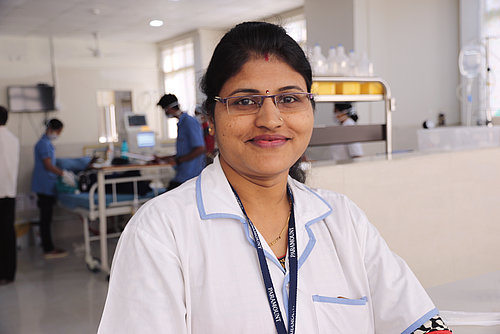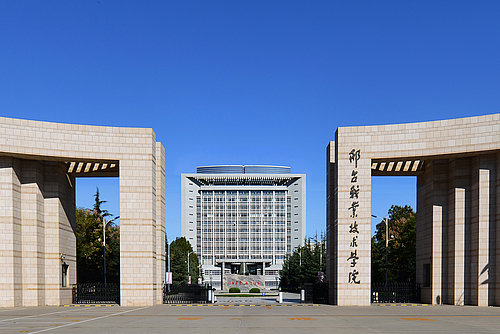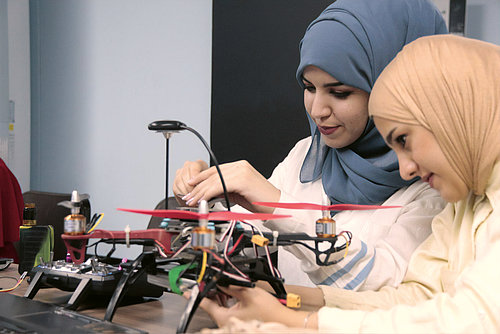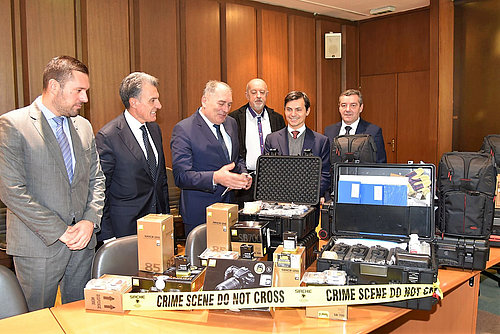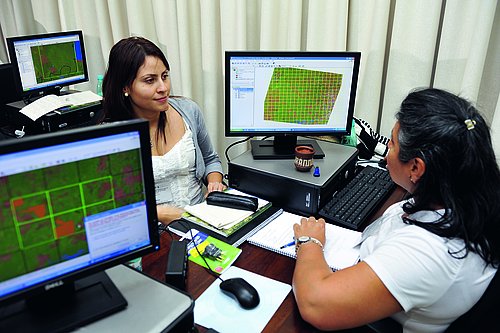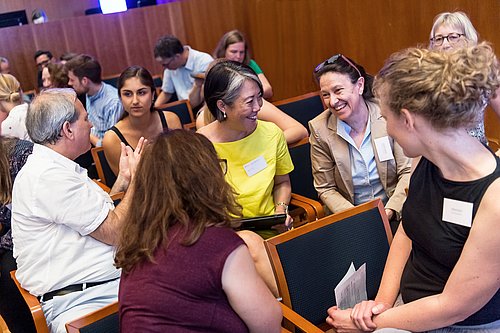In 2018, Cape Town was on the brink of Day Zero – the day the public water taps would run dry. The city thankfully managed to avert that particular crisis. But in the era of climate change, how does a country with low levels of rainfall, like South Africa, combat fresh water shortages while safeguarding economic development? A local partnership in the vicinity of George, a coastal city located around 400 kilometres east of Cape Town, illustrates one way forward. This hop and wine-growing region is contending with a drought as well as the spread of black wattle, an invasive tree species.
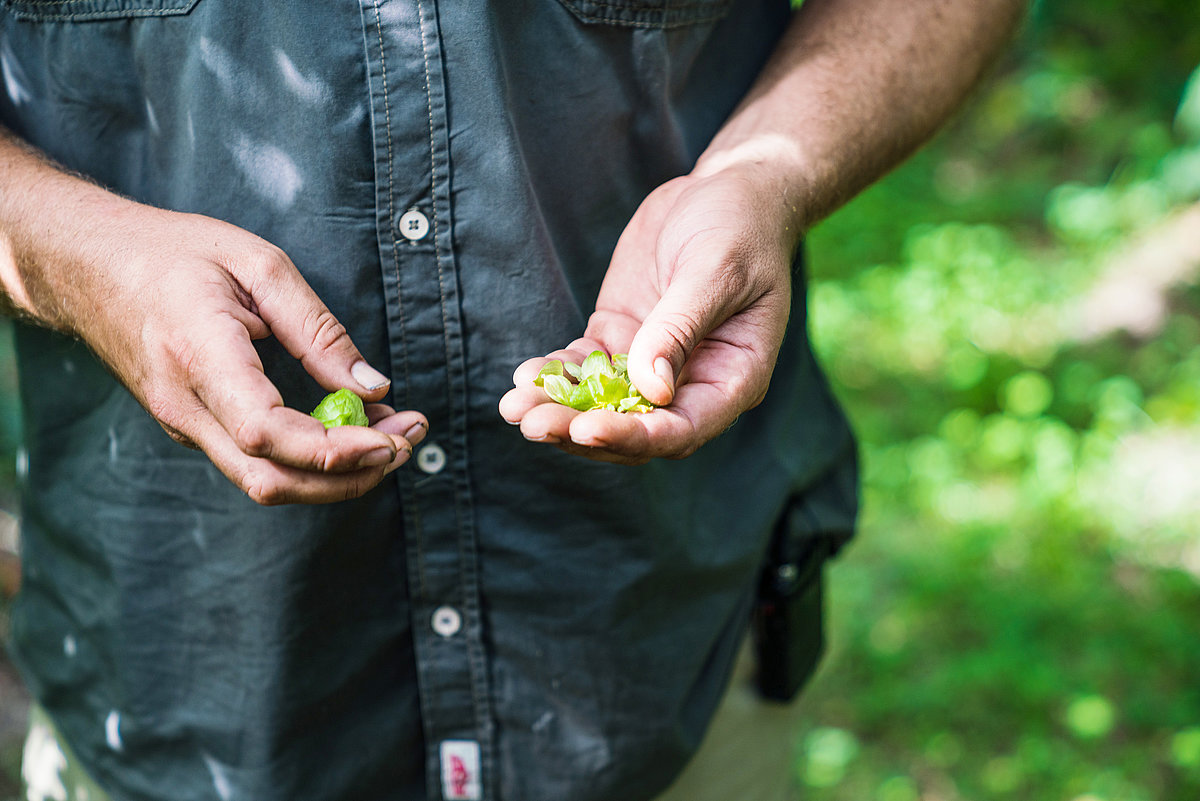
It was introduced from Australia more than 50 years ago to extract tannin from its bark to use in leather production. Black wattle has spread and is now threatening the other flora. The biggest problem is that black wattle needs an especially large amount of water, putting a strain on the ecosystem. This has prompted landowners, farmers and a large brewery to launch the George Partnership together with the GIZ International Water Stewardship Programme (IWaSP) and the environmental organisation WWF. Its goal? To take joint responsibility for combating water scarcity, and to raise the water table.
This involved forestry workers felling numerous black wattle trees, for example. An area roughly the size of 1,000 football pitches has now been rid of this invasive species. As a result, the groundwater level has risen and more native plants are thriving along river banks. ‘We have created a sound platform for water conservation together with GIZ,’ says Eugene Matthews from the South African Hops Growers Association.
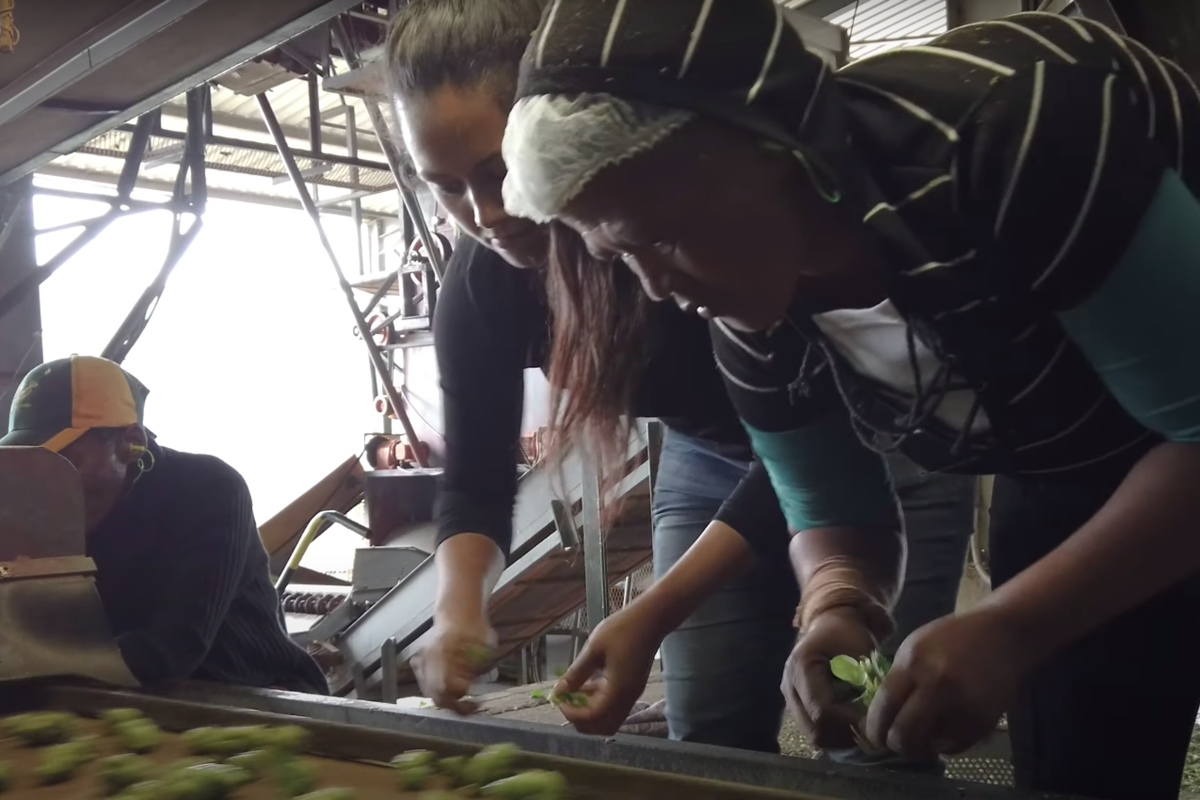
Water management has become absolutely imperative because of increasing periods of drought in the wake of climate change.
Taking on joint responsibility
The George Partnership is just one of many regional examples of GIZ’s IWaSP water management efforts. Operating on behalf of BMZ and the UK Government, the programme connected farmers, businesses, municipalities and civil society in African and Caribbean countries and Pakistan. GIZ acted primarily as a facilitator between the partners. Since 2013, GIZ has worked with more than 70 companies and has been involved in 38 partnerships as part of the programme. By 2019, more than 2.7 million people had benefited directly and over 10 million indirectly from IWaSP’s activities such as creating new jobs and adapting water resources management to climate change. Currently, the initiatives of IWaSP continue on in the successor programme, the Natural Resources Stewardship Programme, which aims to enable users of a wide variety of natural resources to take on shared responsibility.
‘Our partnership with GIZ, WWF and farmers has become a real success story. Within three years, we have rid more than 800 hectares of land of invasive plant species that were using a huge amount of water. This project is actually releasing 40 to 60 per cent more water back into the ecosystem.’
Lauren Steytler, plant manager for hops farms in the South African region of George, AB InBev South Africa
(© Jesper Anhede / anhede.se)
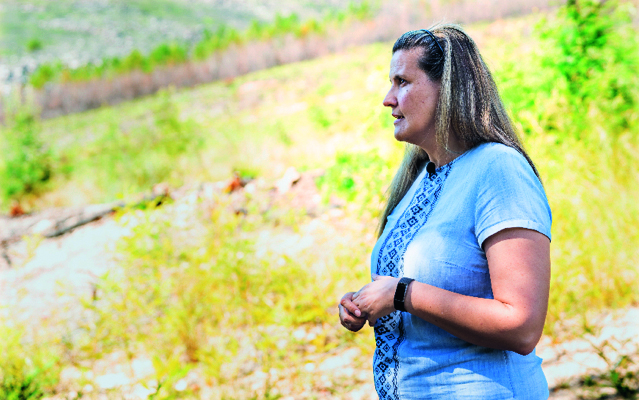
More jobs and nature conservation in Uganda
The programme serves as a facilitator, building trust among various partners in the Kiiha region. It has brought the sugar industry together with municipalities and smallholders in this watershed to protect wetlands and use water resources sustainably. As a result, the local sugar producer Kinyara Sugar is now investing more than EUR 45 million in expanding production and creating almost 8,000 new jobs in Uganda.
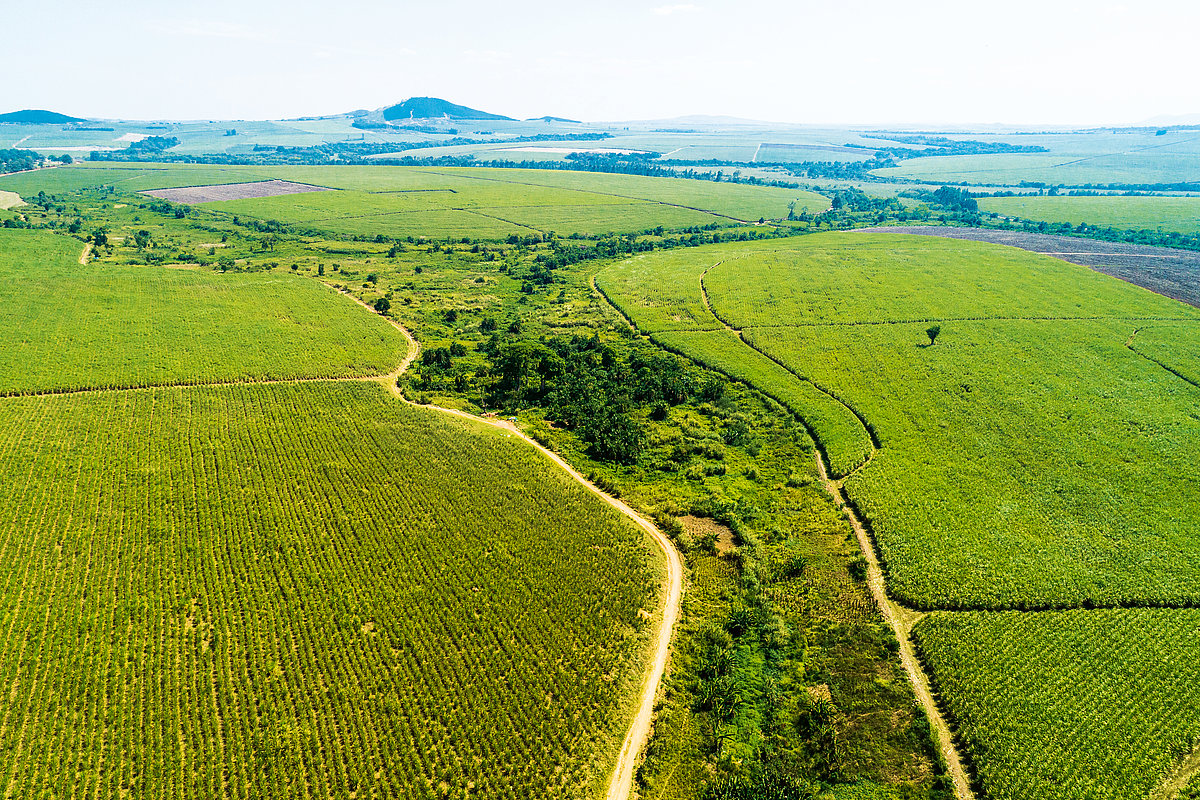
(© Jesper Anhede / anhede.se)
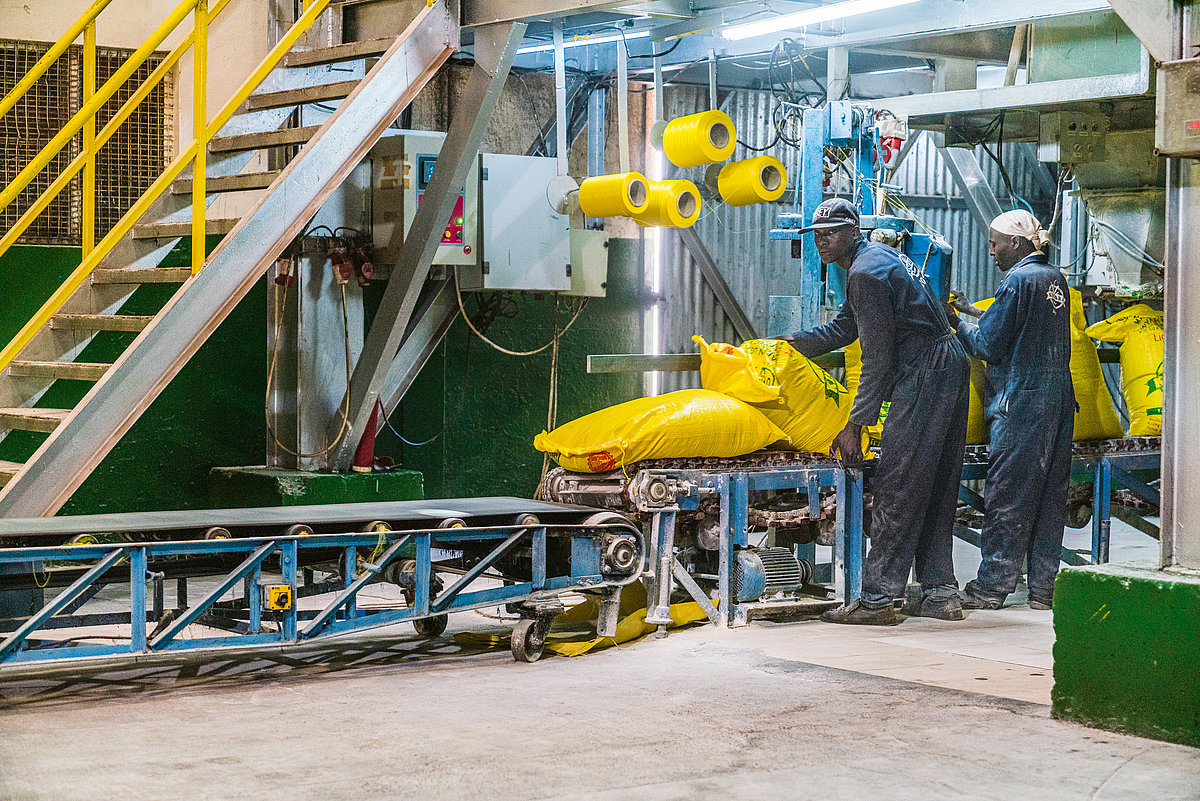
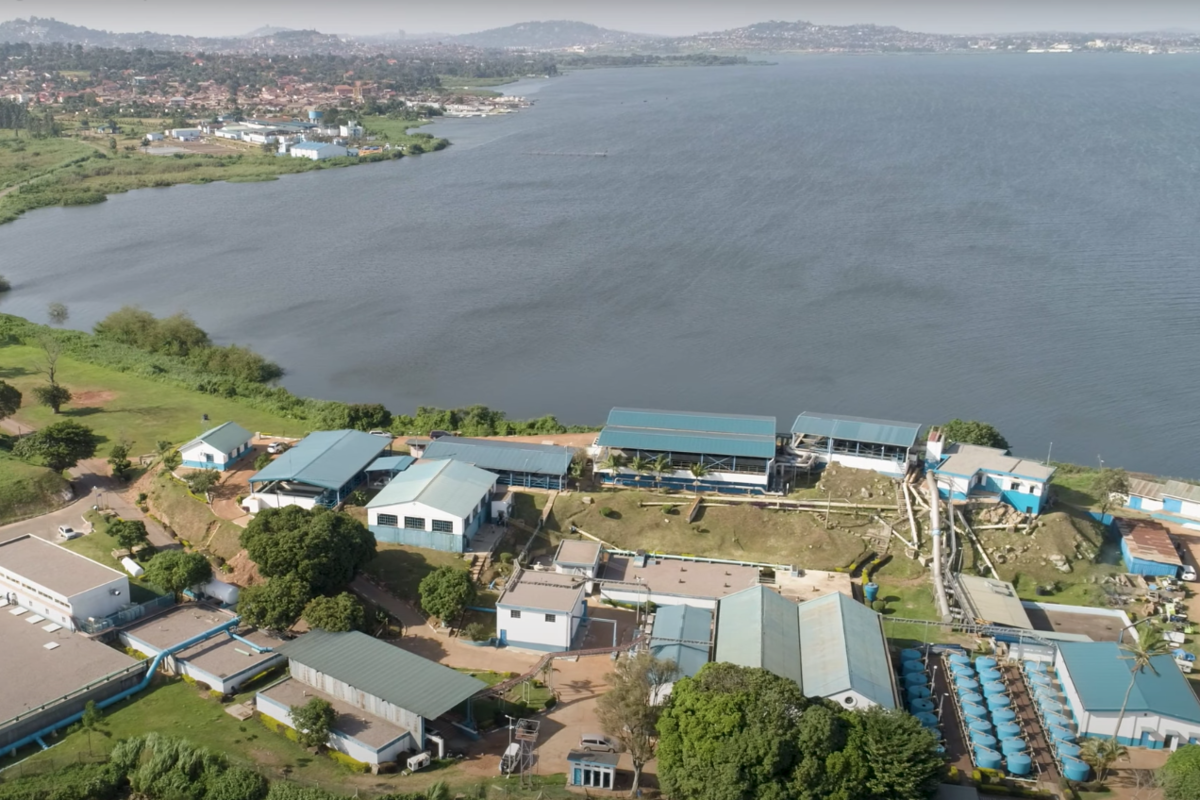
Public and private actors are teaming up in Uganda’s capital, Kampala, to reduce environmental pollution and guarantee a reliable water supply.
Insights into our projects in 2019
We are active in some 120 countries with 1,600 projects.
Discover the world of GIZ by learning about examples of projects undertaken in the 2019 reporting year.
We are active in some 120 countries with 1,600 projects.
Discover the world of GIZ by learning about examples of projects undertaken in the 2019 reporting year.
Are you interested in other GIZ projects?
